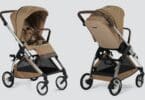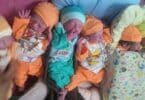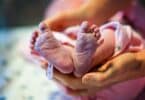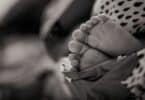We have all let our kids eat sand at the beach before, in fact, I just did it last week thinking that it was cute that my son was learning what was okay to eat and what was not…
New evidence implicating beach sand as a reservoir for E. coli – the bacterium that is used as an indicator that water has been contaminated by fecal material – has been reported by scientists at the University of Minnesota.
In the report, published in ACS’ Environmental Science & Technology, a biweekly journal, Michael J. Sadowsky and colleagues cite several previous studies showing that E. coli and bacteria indicating fecal contamination can accumulate and grow in beach sand. “These results indicate that E. coli originating from several sources may survive and potentially replicate in sand and sediment, possibly increasing fecal counts found on beaches,” the report states. The researchers point out that while most E. coli strains are harmless, some strains do cause gastrointestinal diseases in human. Symptoms include vomiting and diarrhea, as well as more serious conditions.
The 2-year study tracked seasonal variations in E. coli in water, sand, and sediment at the Duluth Boat Club Beach in Duluth-Superior Harbor on Lake Superior. It concluded that beach sand and sediment serve as sinks and sources for E. coli from humans and waterfowl that can contribute to beach closures.
“Beach Sand and Sediments are Temporal Sinks and Sources of Escherichia coli in Lake Superior”
This makes sense to me because the other thing I thought was cute were the stray dogs on the beach. I am sure they are contributing to the issue as well…






